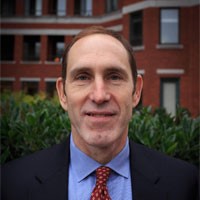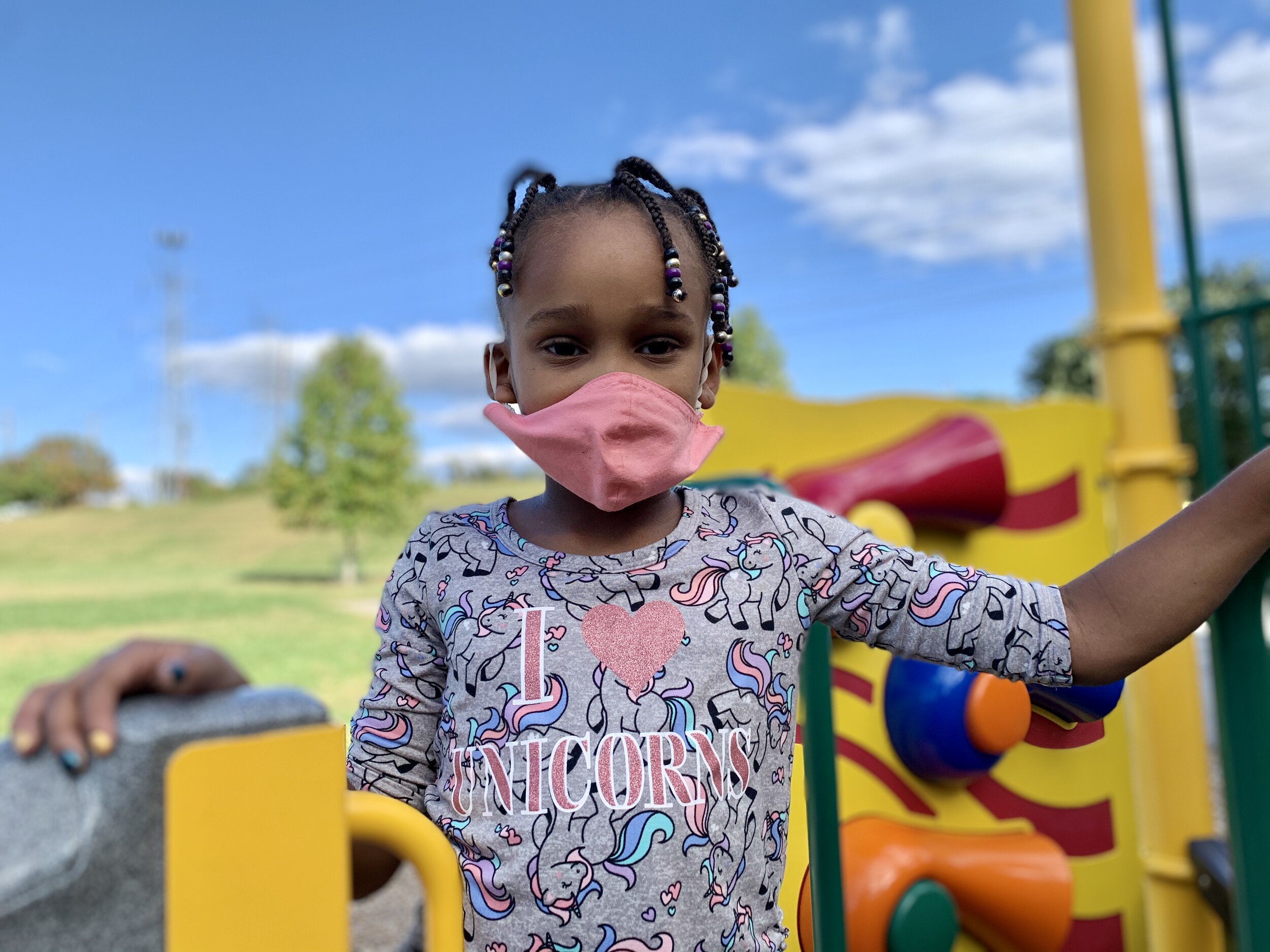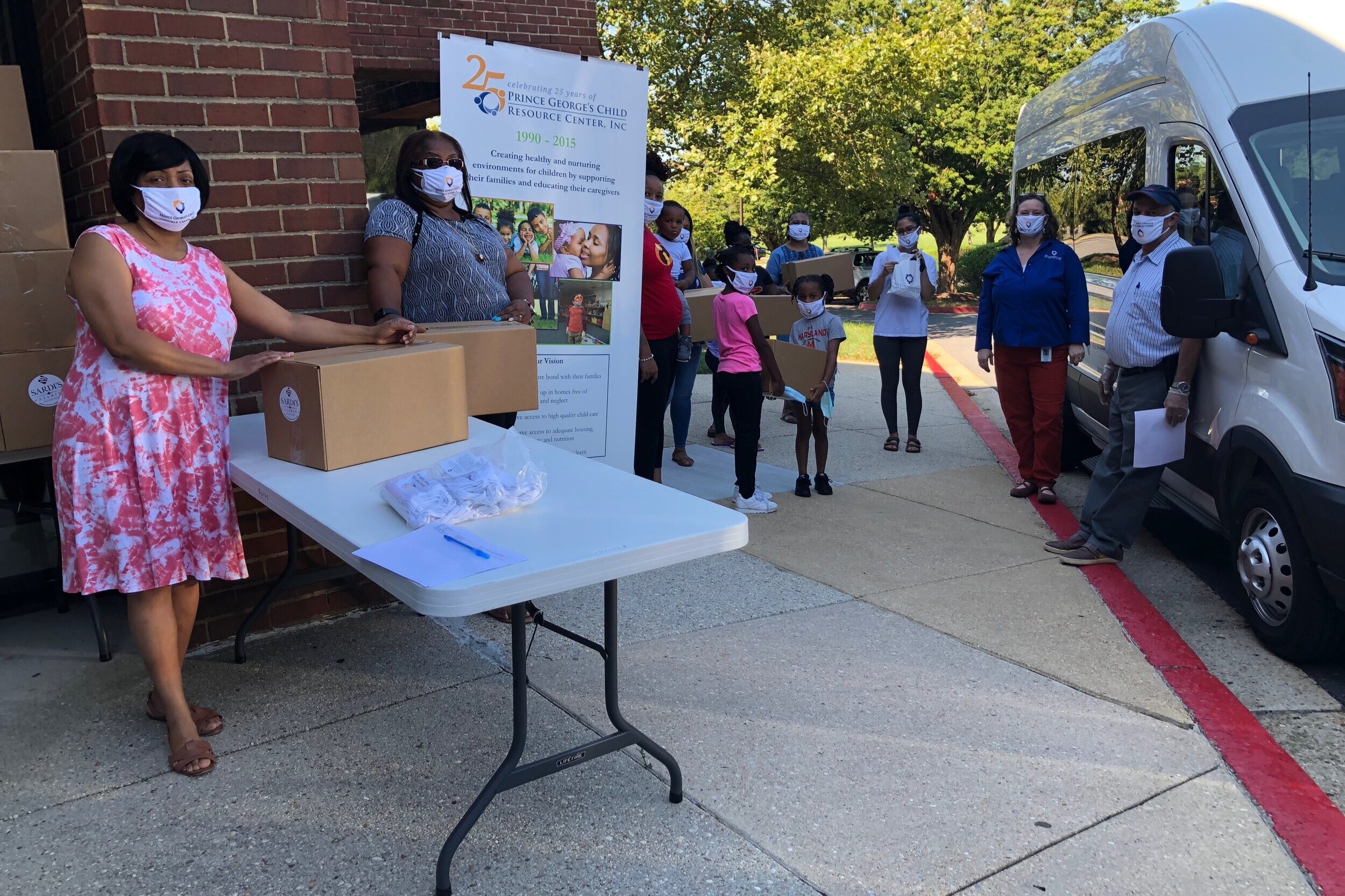Arts Forward Fund, a partnership between the Greater Washington Community Foundation, The Morris & Gwendolyn Cafritz Foundation, and 10 other foundations and individual donors, is proud to announce new grants totaling nearly $1.7 million to 89 arts and culture organizations in the DC region.
These grants will help organizations address the challenges of reopening and recovering from the impact of the COVID-19 pandemic. More than 60 percent of grants and grant funding will go to organizations that are led by Black, Indigenous, or People of Color (BIPOC) and predominantly BIPOC-serving. Based on feedback from a community advisory committee and last year’s applicants, these grants will support general operations rather than specific projects. Grant recipients include six theaters, nine dance schools and dance companies, five film and music festivals and more than 20 youth-serving organizations across DC, Maryland, and Virginia.
In response to a call for applications released in early July 2021, Arts Forward Fund received 131 applications totaling nearly $2.7 million. Thanks to a generous gift of $1 million from billionaire Mackenzie Scott and her husband Dan Jewett, Arts Forward Fund was able to support more than two-thirds of 2021 applicants and award more than 60% of total funds requested.
“Our region’s arts and culture organizations will take years to recover from the impact of this pandemic,” says Calvin Cafritz, President and CEO of The Morris and Gwendolyn Cafritz Foundation, which made a lead grant of $500,000 to establish Arts Forward Fund in 2020 and contributed an additional $400,000 in 2021. “As the region’s leading funder of arts and culture organizations, The Cafritz Foundation is honored to join so many of our funding colleagues in this remarkable collective effort to help our local cultural organizations reopen and thrive.”
“Through some of the darkest days of this crisis, many of our region’s arts and cultural organizations found innovative ways to inspire, uplift, and support our community. As we continue to recover from this crisis and adjust to a new normal, it is important to acknowledge that arts groups were disproportionately impacted and that recovery will take time and require sustained investment,” says Tonia Wellons, President and CEO of the Greater Washington Community Foundation. “We are proud to be part of this equity-focused funder collaborative investing in the stability of our region’s arts sector to contribute to the vitality of our region.”
Following is a list of Arts Forward Fund grant recipients. All grants support general operations.
1st Stage Theater
826DC
Actor's Center
Adventure Theatre
American Poetry Museum
American Youth Philharmonic
Anacostia Playhouse
Arlington Arts Center
Art Enables
Art of Noize
Art Works Now
Artivate
Arts Fairfax
Arts on the Block
ArtStream
Asian Pacific American Film
Atlas Performing Arts Center
Black Artists Of DC
BlackRock Center for the Arts
Capital Fringe
CapitalBop
Capitol Hill Arts Workshop
Capitol Hill Jazz Foundation
GB Youth Media
Church of the Epiphany
Ciesla Foundation
CityDance Viva School of Dance
Coalition For African Americans in the Performing Arts (CAAPA)
Critical Exposure
D.C. Creative Writing Workshop
Dana Tai Soon Burgess Dance Company
Dance Institute of Washington
Dancemakers
Dance Place
DC Arts and Humanities Education Collaborative
DC Independent Film Festival
DC Jazz Festival
DC Palestinian Film & Arts Festival
DC Youth Orchestra Program
Docs in Progress
East of the River Boys & Girls Steel Band
Educarte
Encore Stage & Studio
Foundation for the Advancement of Music and Education
Friends Of Kenilworth Aquatic Gardens
Gala Hispanic Theatre
Girls Rock DC
Greater Reston Arts Center
Heritage Signature Chorale
IN Series
Inlight Magazine
Joe's Movement Emporium
Kalanidhi Dance
Life Pieces to Masterpieces
Live It Learn It
McLean Project for the Arts
Music for Life
New Orchestra of Washington
Northeast Performing Arts Group
One Common Unity
Oyé Palaver Hut
Pan American Symphony Orchestra
PEN Faulkner
Prince George's Arts and Humanities Council
Princess Mhoon Dance Institute
Project Create
Pyramid Atlantic
Ragbaby Exchange
Sandy Spring Museum
Shout Mouse Press
Sitar Arts Center
Smith Center for Healing and the Arts
Sole Defined
Split This Rock
Step Afrika!
The Essential Theatre
The MusicianShip
Theatre Lab School of the Dramatic Arts
Transformer
UrbanArias
Washington Area Lawyers For the Arts
Washington Bach Consort
Washington Chorus
Washington DC International Film Festival
Washington Project For the Arts
Words Beats And Life
Young Artists of America
Young Playwrights Theater
Zora Neale Hurston Richard Wright Foundation
About Arts Forward Fund
Launched in July 2020 with lead grants from The Morris & Gwendolyn Cafritz Foundation, the Harman Family Foundation, the Weissberg Foundation, and and more than a dozen other funders, Arts Forward Fund is an equity-focused funder collaborative housed at and administered by the Greater Washington Community Foundation. Additional supporters in 2021 include Paul M. Angell Family Foundation, Diane & Norman Bernstein Foundation, Lois and Richard England Family Foundation, Linowitz Family Fund, Nancy Peery Marriott Foundation, Robin B. Martin Family Foundation, Howard and Geraldine Polinger Family Foundation, and other individual contributors.





























